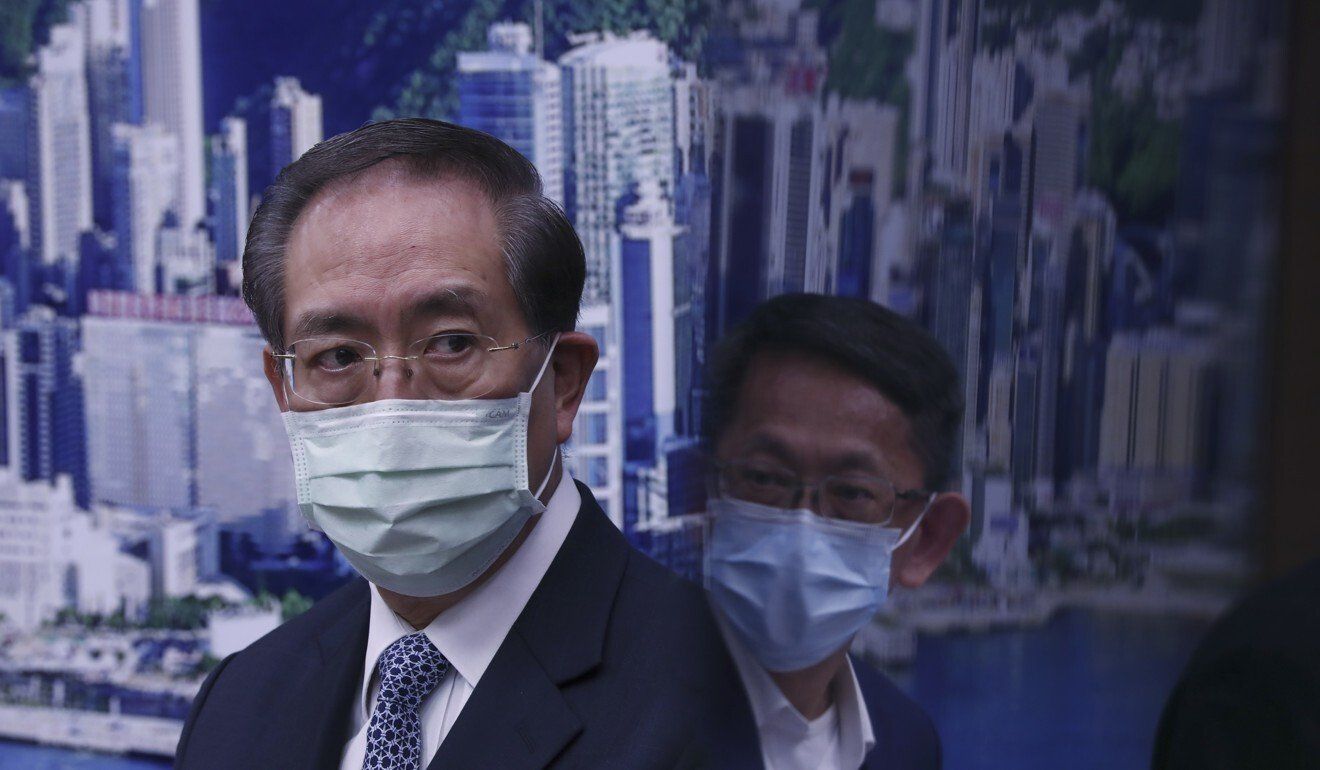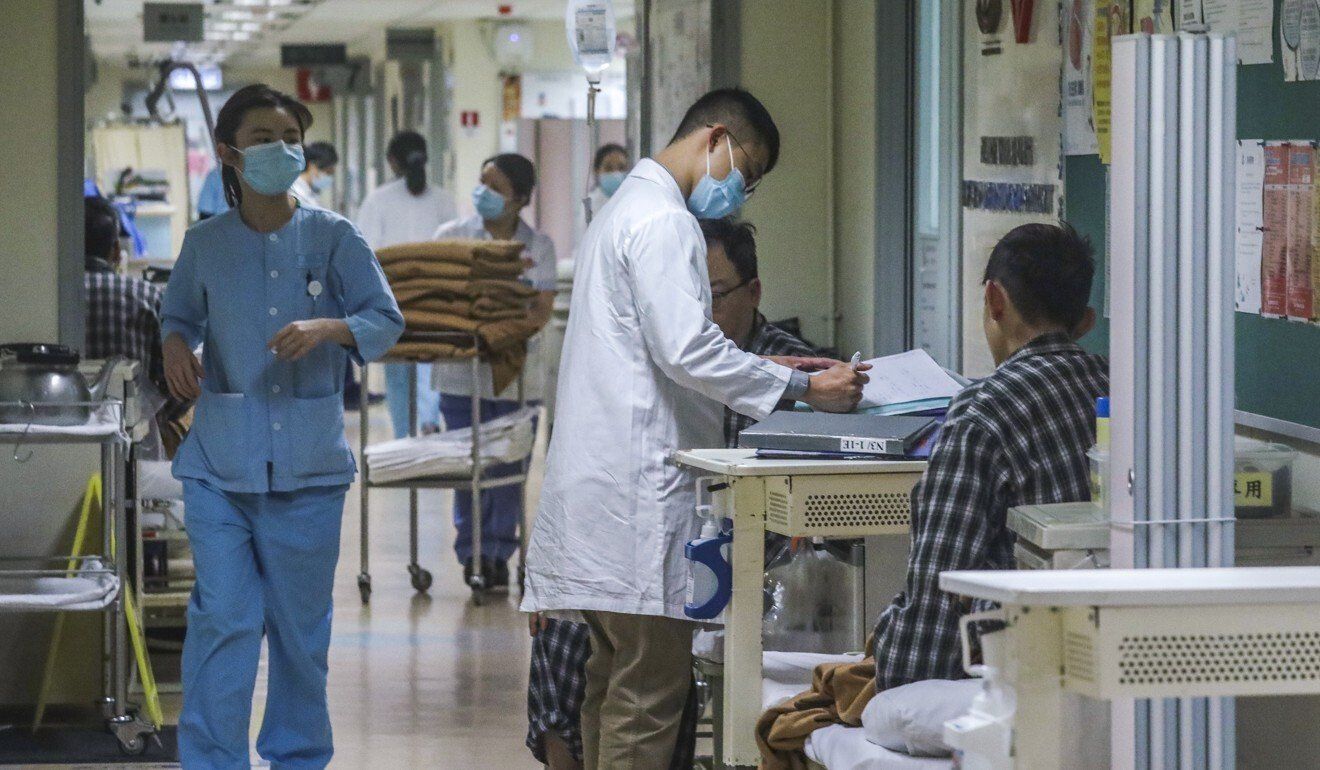Hong Kong News

Controversial plan to tackle Hong Kong’s doctor shortage endorsed
Top government advisers have endorsed a controversial plan to attract about 200 overseas-trained doctors to practise in Hong Kong each year, and hope the legislation will be passed this year, the Post has learned.
The blueprint, which was approved by the Executive Council on Tuesday, aims to tackle an acute shortage of public doctors and improve the quality of health care. But public doctors’ representatives said the government had failed to address their concerns.
Council member Dr Arthur Li Kwok-cheung told the Post it would be hard to win support from the medical sector as he did not expect them to back down.
He advised the government to strengthen education before the final plan was presented to the Legislative Council.
“Some local doctors believe it would best if they are the only ones who can practise,” said Li, who was nominated by the city’s leader to promote the bill. “I hope they would think about the public, who have to wait for years simply to get consultation services from public hospitals.”
 Executive Council member Dr Arthur Li.
Executive Council member Dr Arthur Li.
Li said a patient currently has to wait for 33 months to see a specialist for orthopaedics, and about 40 per cent of vacancies in some public hospitals are in paediatrics.
“It would be nice if an extra 200 overseas doctors every year can serve in the public health system,” he said. “The government will explain [the plan] to the community properly and make sure these doctors match the high standards in the city.”
Dr Gabriel Choi Kin, president of the Hong Kong Medical Association, who previously characterised the scheme as a “wrong step”, said he had been told by the group’s ex-president, Dr David Fang Jin-sheng, that authorities were willing to make some concessions, including allowing more members from the Medical Council to sit on the committee responsible for vetting overseas medical schools.
But Dr Arisina Ma Chung-yee, president of the Hong Kong Public Doctors’ Association, said the government has not tried to consult them since February, when it revealed it would amend the bill.
“When the government said it hopes to increase the number of doctors in order to enhance medical standards in Hong Kong, they have never considered whether there are enough wards, nurses, therapists and other services,” she said, adding the government had not shown how it would pay for the cost of these additional services.
Ma said given the legislature was now dominated by the pro-establishment camp, she had little hope that there would be a thorough discussion before the plan passed.
 Analysts believe the new scheme will attract overseas-trained doctors interested in a career in the private sector.
Analysts believe the new scheme will attract overseas-trained doctors interested in a career in the private sector.
According to the proposal unveiled in February, applicants must meet three requirements under the new scheme: they must be permanent residents; graduates of recognised foreign medical schools who already registered as doctors or holders of specialist qualifications outside Hong Kong; and willing to work in the city’s public health care system for five years after obtaining their specialist qualifications.
Only then, can they obtain full registration in Hong Kong without the need to pass the local licensing exam and also have the option to work in the private sector.
Analysts believe the new scheme will attract overseas-trained doctors interested in a career in the private sector, but who were previously deterred by the exam and internship requirements.
The government had proposed that a committee comprising health officials, the Medical Council’s chairman and medical educators be set up to draft a list of recognised medical schools, which should be of “comparable quality” to their two local counterparts. The number of schools on the list, which would be reviewed every three years, would be capped at 100.
Executive Council member Dr Lam Ching-choi previously said the government’s proposal struck the right balance between demand for quality and more public doctors. Many local medical professionals who graduated from top overseas medical schools, such as Cambridge, were eager to return to their hometown under the new scheme, he added.











